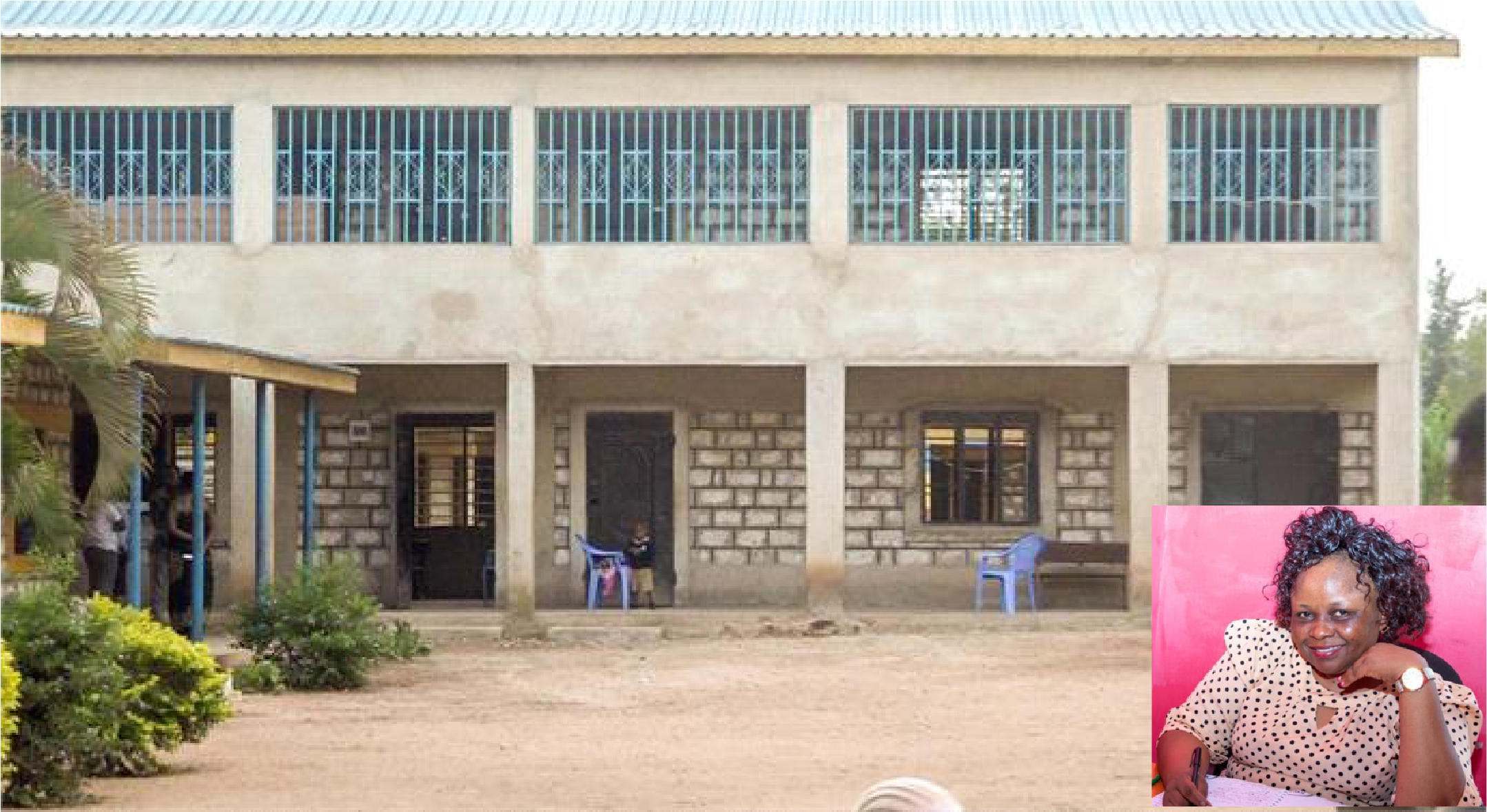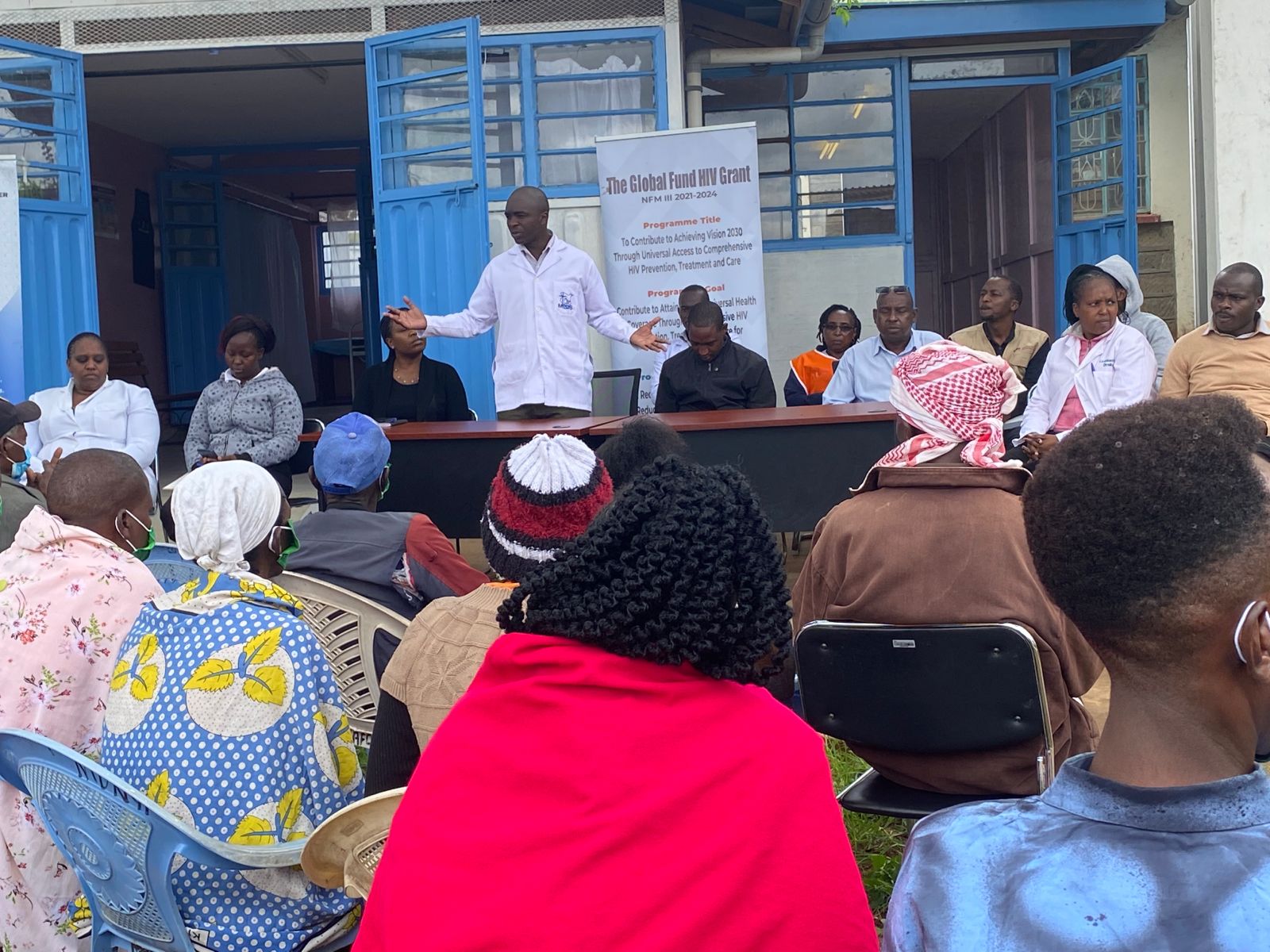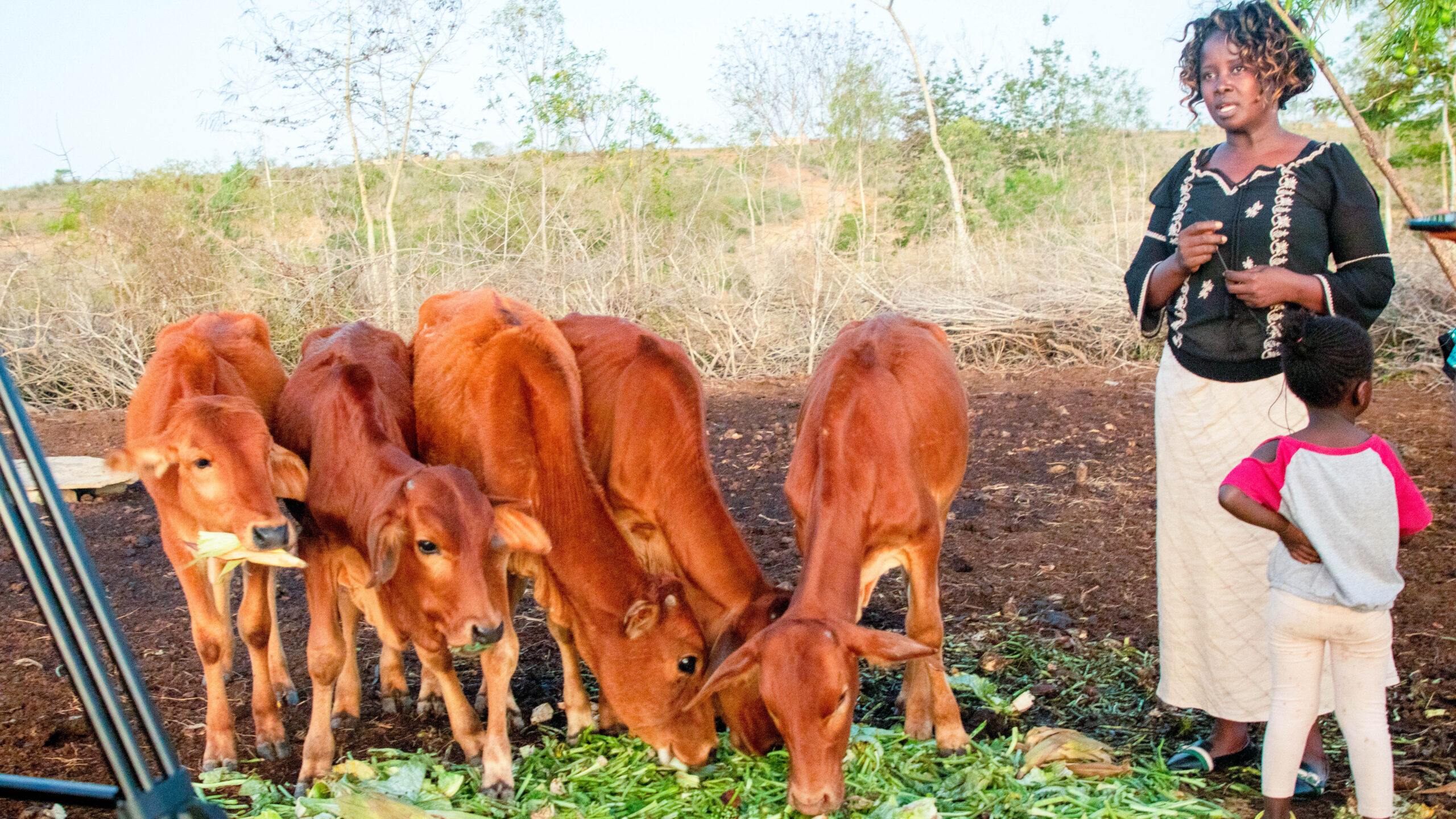The expose by BBC on ‘Sex for Work; The True Cost of Our Tea BBC Africa Eye Documentary’ revealed the silent yet normalized gender-specific form of corruption that uses sex as currency, that is, sexual extortion. Sextortion mainly affects vulnerable girls and women who seek various services such as National Identity Cards, supplies of sanitary pads, education, training and job placements, and promotions at workplaces. Speaking during a Twitter Space live session dubbed ‘Sexual extortion as a gender-specific form of corruption in Kenya’ Jaqueline Mutere, the Co-founder of Grace Agenda, compared sextortion to rape: “The definition of Rape is anything that is not consensual and as long as I have not given you my consent willingly, that means you have extorted it or taken it by some form of coercion,” she said.
Further, she noted that due to the vulnerability of women and girls, sex has become very transactional and acts as a form of currency, citing sex for fish that is very rampant along the coastlines and shores where fishmongers give in so that they can attain the first pick from the boat.
“They were coerced to work there because they had no place to go because they were accommodated there and for you be accommodated and for you to work there and for you to get some refuge, you had to succumb to sexual favours,” said Ms Mutere.
On the other hand, Elijah Rottok, Senior Human Rights Officer at Kenya National Commission on Human Rights noted that our laws are still silent on linking gender and corruption to the extent that such incidents may be looked at as sexual abuse and just basic exploitation.
He said there is a need for state and non-state actors to distinguish sextortion from other forms of sexual and gender-based violence or sexual harassment.
“For sexual extortion, there has to be that abuse of authority and then the elements of exchange that I am giving you this for you to have this or for me to access this service. Sextortion is more about psychological coercion. So, there isn’t physical coercion when it comes to sexual extortion” said Rottok.
He added that sextortion may not necessarily imply that there is intercourse in some incidences, but it may cover cases where someone wants another party to either expose their body or send them an explicit image where they are exposing parts of their bodies.
Mr Rottok pointed out that cases of sextortion are prevalent within slums, especially around access to water where children who go to fetch water are exploited by the water vendors who ask for sexual favours so that they can skip the cues or even fail to pay.
Blandina Bobson, Programmes Director at Oxfam said people have normalized sexual harassment and the normalization has gotten to a point where people don’t think it is a big deal for people to be abused or sexually violated in order to access services.
She further said that often people become victims of sexual extortion due to their vulnerability which is well-known by the people who hold power.
“When a woman or man is put in a situation where you have to choose between providing for your family or getting a job, most people are driven to the world and do it not because they wanted, but because these people who hold power recognize the vulnerability in them and take advantage of it,” she said.
She said most of the victims of sexual extortion are not aware of their rights at workplaces or even educational institutions thus many cases are not reported.
“When you go to report, nobody will believe you – most people don’t even know their rights at the workplaces or even educational institutions,” said Blandina.
The discussions from the Twitter Space session point out that there is a clear and relatively less emphasis on the need to criminalize sextortion as a form of corruption because it is normalized. This normalization has, and continues to negatively affect vulnerable groups such as youth and women considering that sex is used as the currency in exchange for services, they may be seeking for
There is a need to amend anti-corruption laws to include sextortion as a form of corruption to stop the normalization and persistence of the practice.
To achieve this, and with support from Ford Foundation, Collaborative Centre for Gender and Development has partnered with Kenya Human Rights Commission to conduct a study to understand how and where sextortion occurs, its incidence and how it may be presented as the form of corruption to aid efforts to reduce and eventually stop it. . This study will contribute evidence for policymakers to draft a robust inclusive multisectoral anti-corruption policy and implementation mechanism that shall comprehensively recognize and address the issue of sextortion as a form of corruption.
By Diana Mwanzia and Maurice Goga




